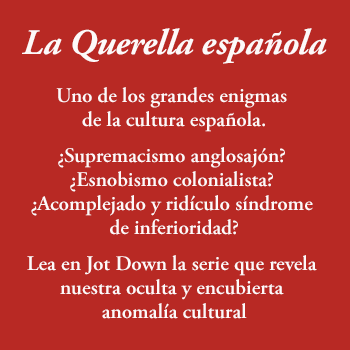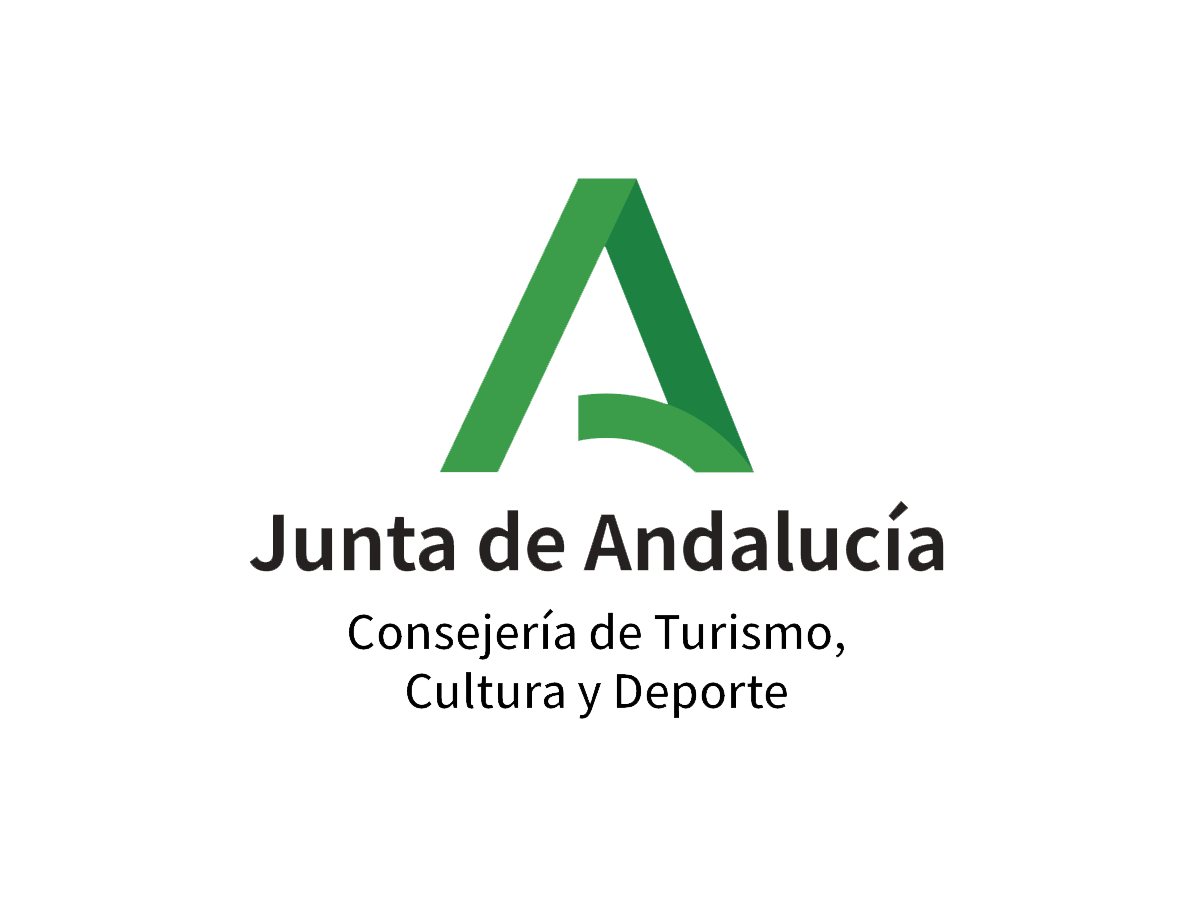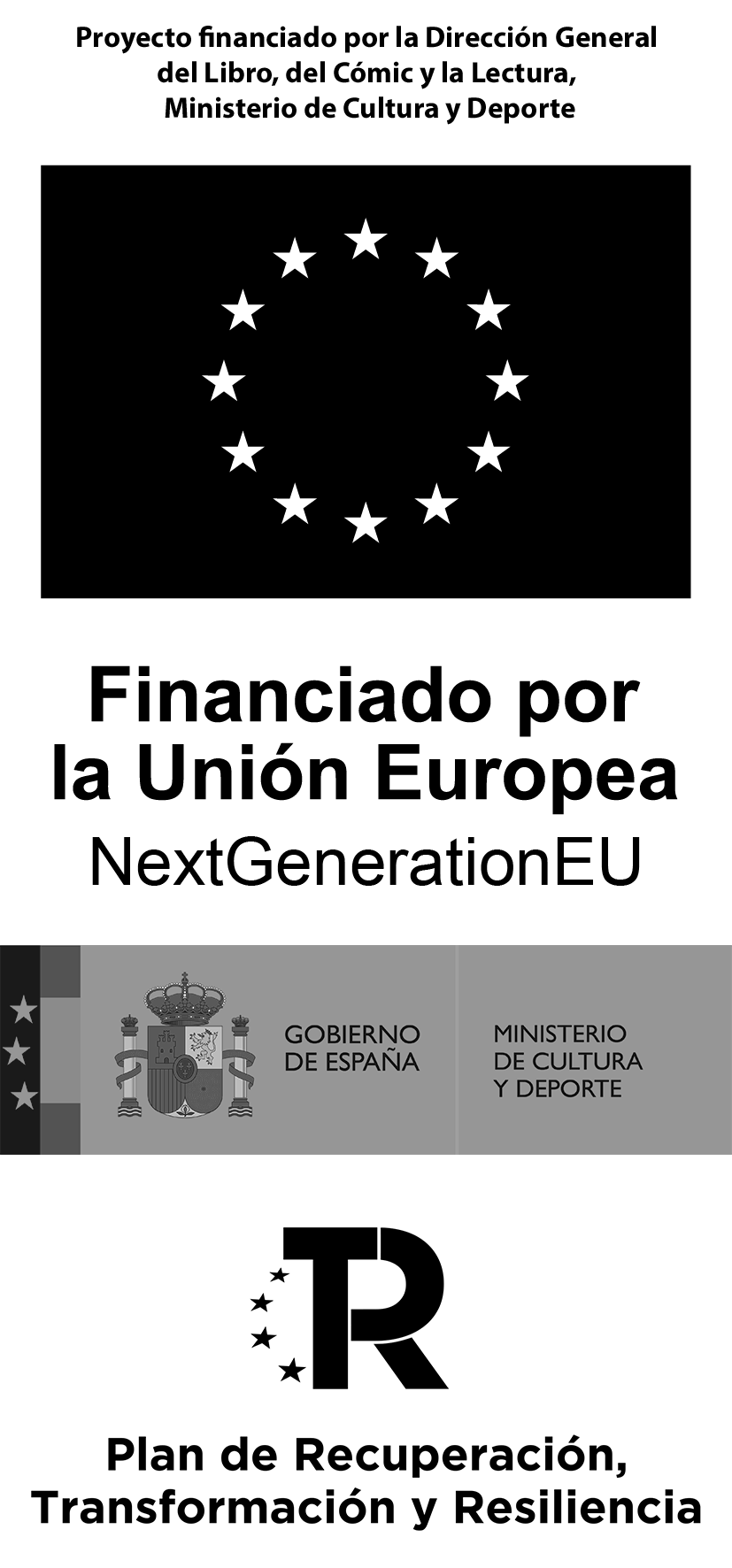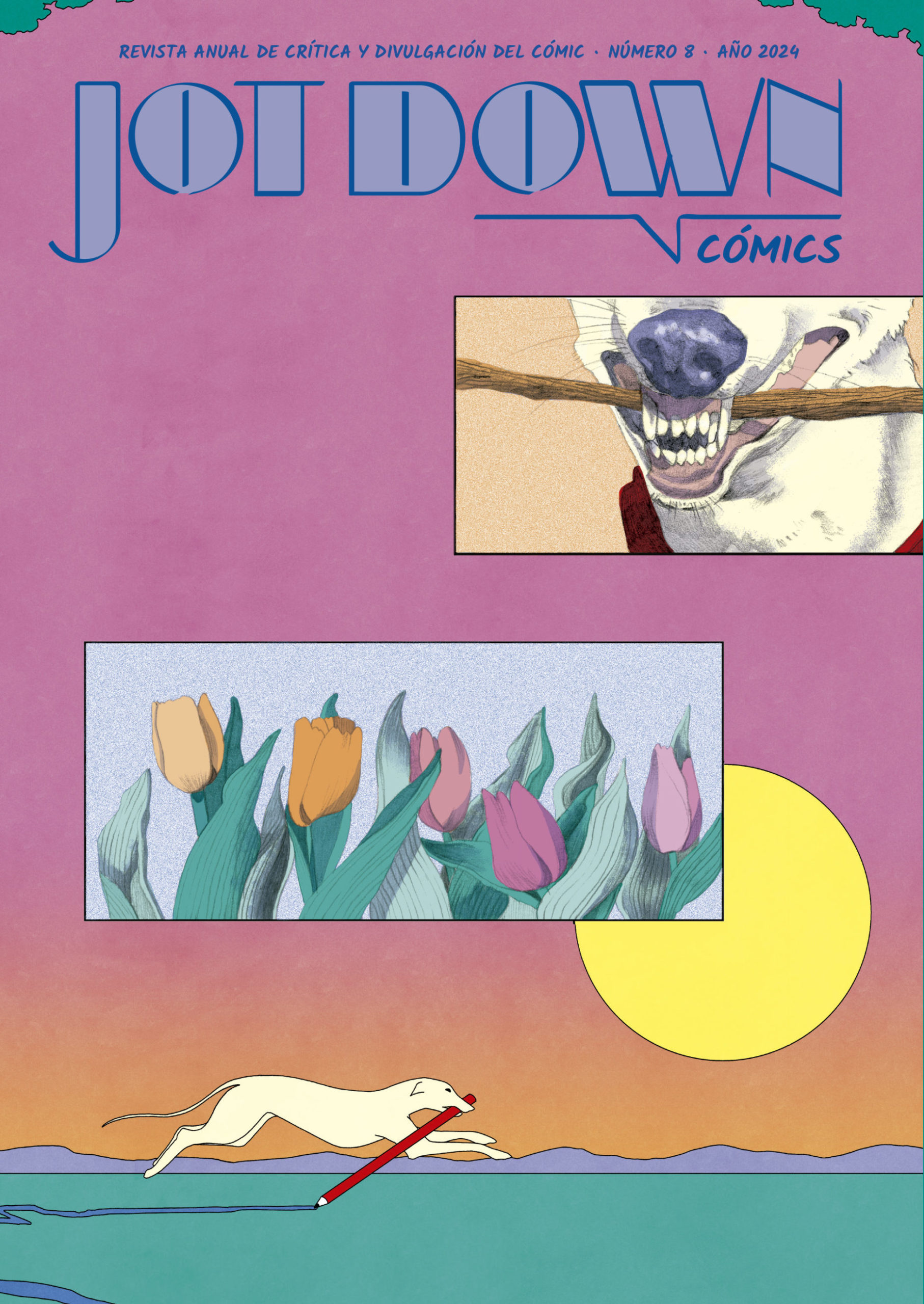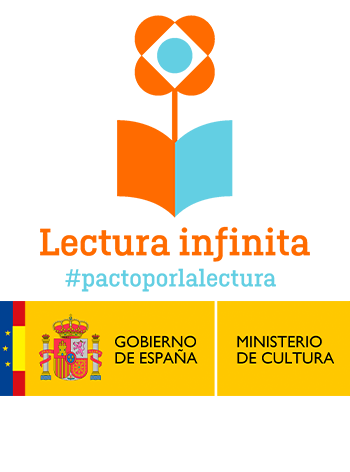Translation: Teresa Galarza
Shortcuts. On the shoulders of a country at war
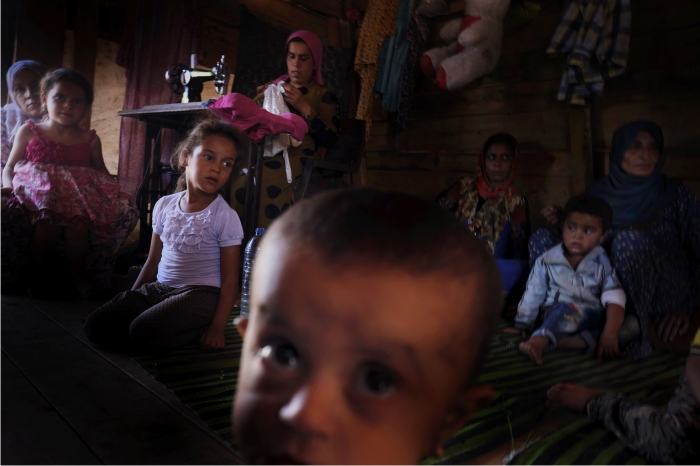
Two years have passed, but Amina remembers the day of the heads as if it was yesterday. Heads appeared punctured on garden trellises, traffic signs … There were also some in glass jars, up to a total of fifty that, they said, belonged to soldiers of the regime.
Amina tells this from the tent, or shack; from one of the refugee camps on the outskirts of Kobani. She has lived there with her daughter since they left Raqqa after the incident of the heads. She covers her face to speak. Arab women always do, not the Kurd women. Like Dilal and Kauser, who live in the shop next door. They are the two wives of a Kurd who is now in jail for an altercation, a fight with a guy; a trifle, but he has been locked up for ten days. They left Raqqa before the incident of the heads. Apparently the Kurds of the Caliphate were told to choose whether to leave or die; they only wanted their wives to lock them up and rape them.
Kauser brought in his mother’s sewing machine with which she makes botch jobs for her four hundred neighbours while she waits for her shared husband. Or maybe she is not waiting. Dilal, the older of the two, might expect him even less.
In the store across the street, Mustafa Haji sleeps peacefully in the shade of his tent, shack, or whatever it is, until the field guard wakes him up. We had told her that it was not necessary, but that’s the local hospitality. Mustafa arrived eight months ago from Raqqa. They wanted to kill him and rape his wife, like with the others. We have written about this before.
During his escape, his seven-year-old daughter, Rihana, was blinded by the mine that killed her five-year-old brother, Murad. Rihana rarely leaves the shack, but her two little brothers are always outside. They walk barefoot through a field full of stones, a lot.
It hurts just to see it.



